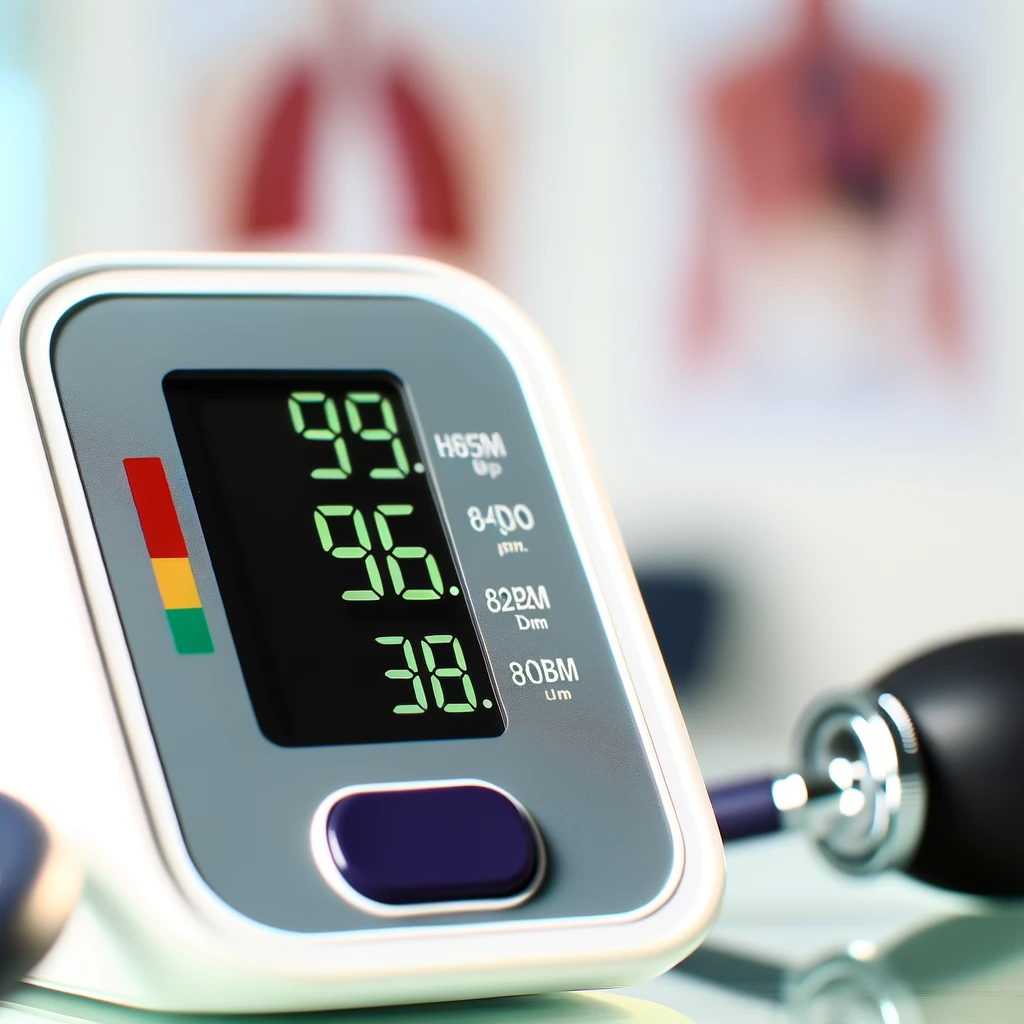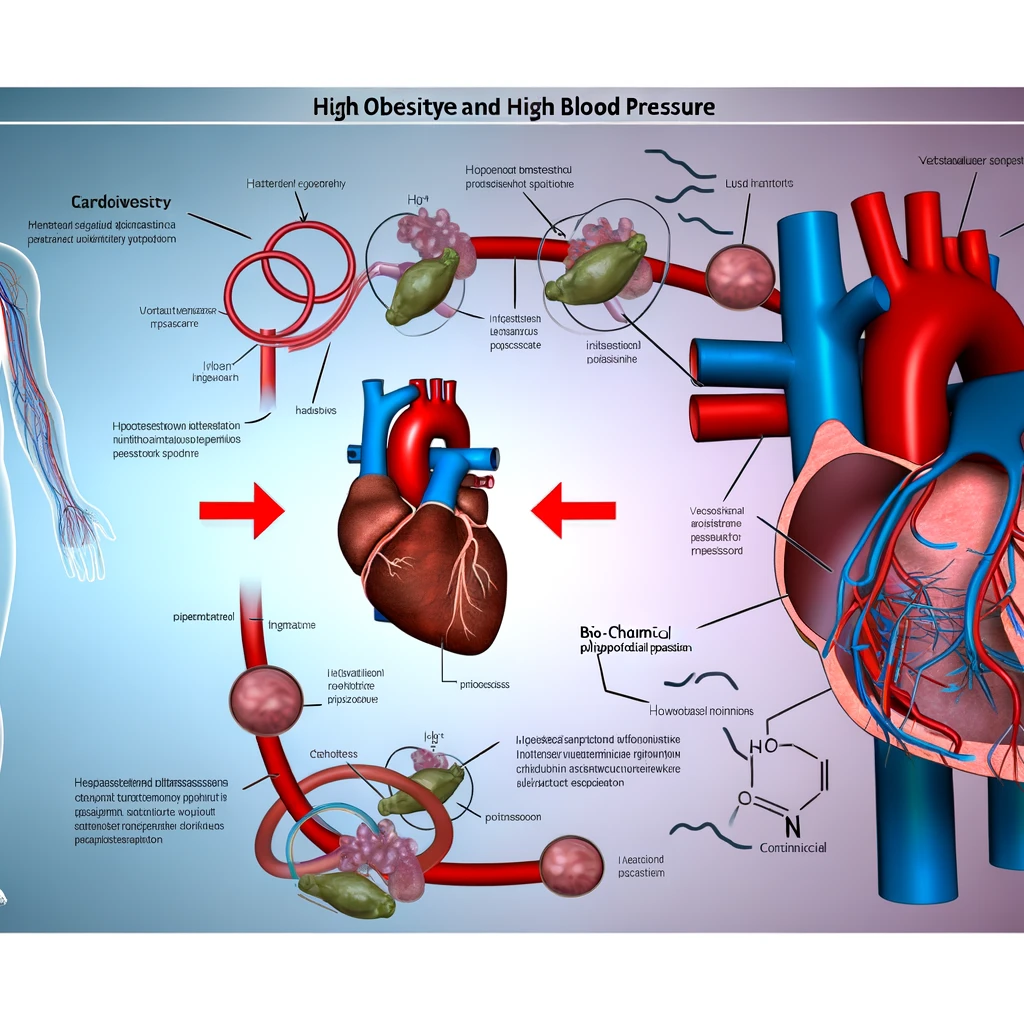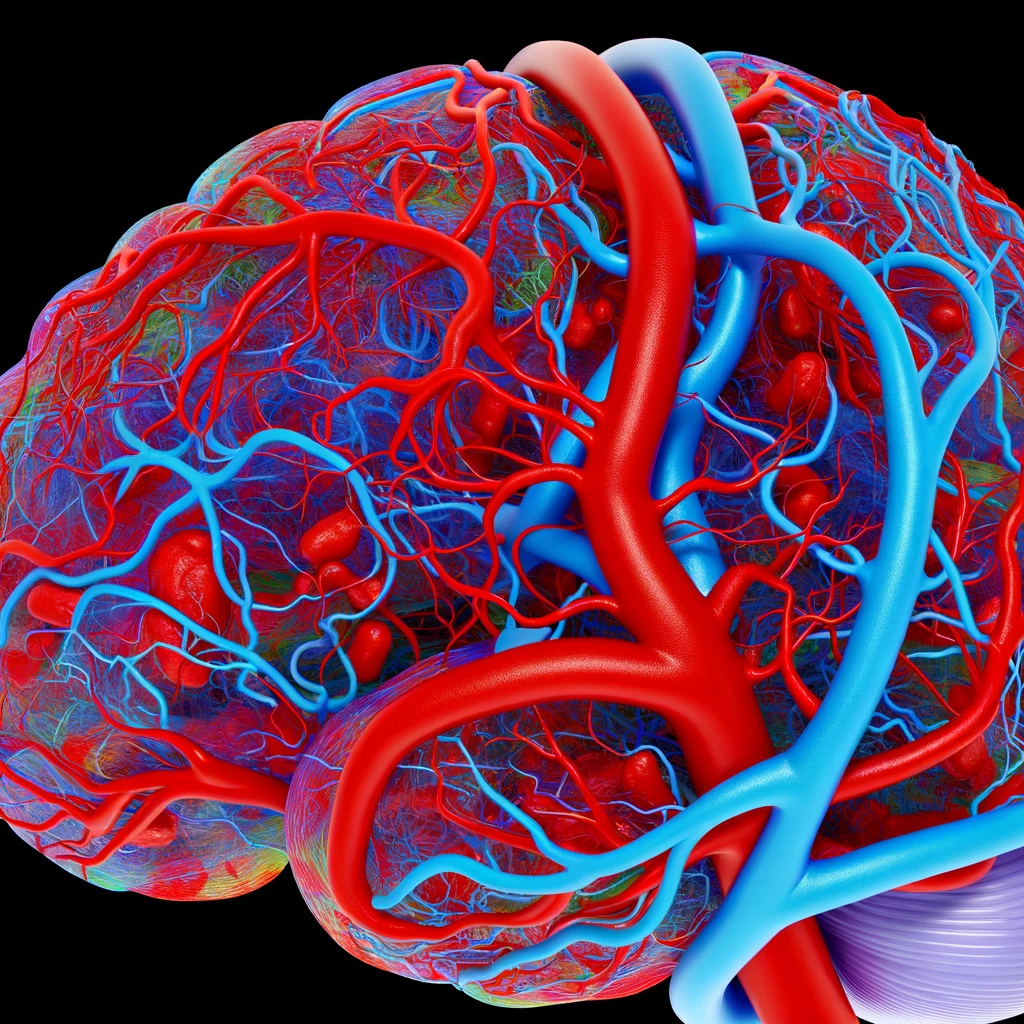Related Articles









Maintaining optimal blood pressure is crucial not only for cardiovascular health but also for preserving brain function. This article delves into how blood pressure levels can impact brain health and what individuals can do to manage their blood pressure for better cognitive outcomes.
Blood pressure is the force exerted by circulating blood on the walls of blood vessels. It is measured in millimeters of mercury (mmHg) and is expressed as two numbers: systolic over diastolic. The systolic pressure is the force during heartbeats, while the diastolic pressure is the force between beats.
Normal blood pressure levels are typically around 120/80 mmHg. Hypertension, or high blood pressure, is diagnosed when readings consistently exceed 130/80 mmHg. Conversely, hypotension refers to lower than normal blood pressure, usually less than 90/60 mmHg.
The brain is highly sensitive to changes in blood flow and pressure. Here’s how different blood pressure conditions can affect brain health:
Chronic high blood pressure can lead to several adverse effects on the brain:
While less common, low blood pressure can also pose risks to brain health:
Maintaining blood pressure within a healthy range is essential for protecting brain health:
A diet rich in fruits, vegetables, lean proteins, and whole grains, and low in sodium and saturated fats, can help manage blood pressure. The DASH (Dietary Approaches to Stop Hypertension) diet is particularly effective.
Engaging in regular physical activity, such as brisk walking, swimming, or cycling, can help lower blood pressure and improve overall cardiovascular health.
Chronic stress contributes to high blood pressure. Practices such as yoga, meditation, and mindfulness can be beneficial in managing stress and subsequently controlling blood pressure.
Regularly monitoring blood pressure can help detect changes early. In some cases, medication may be necessary to manage hypertension or hypotension effectively.
The relationship between blood pressure and brain health is complex yet critical. By understanding and managing blood pressure levels through lifestyle modifications and medical interventions, individuals can significantly reduce their risk of brain health issues and maintain cognitive function as they age.